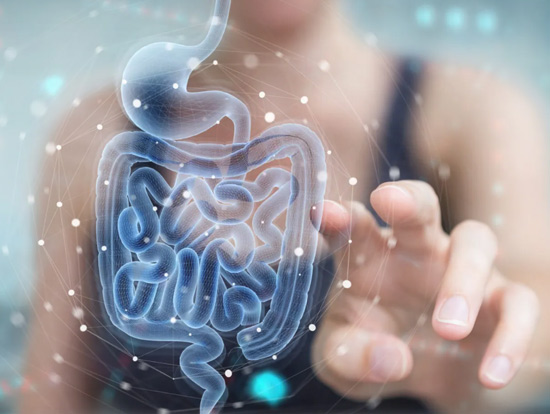Almost every serious athlete follows a supplement regimen to support his or her particular endeavor—be it endurance, speed, muscle gain, flexibility or mental clarity.
But one nutrient athletes often overlook is the one that likely provides improvement in all these areas: probiotics.
Researchers in the UK who set out to investigate how important gut health was to athletes discovered that microbial instability in the gut hindered the performance of elite endurance athletes.
Moreover, in a cautionary finding for high-protein diet advocates, a high-protein regimen was associated with exacerbating poor gut health.
Put another way, while a high-protein diet may offer gains in certain athletic areas in the short term, those following it should take special care to offset the damage caused to gut health. This includes choosing the safest protein options and taking a probiotic supplement.
Study details
To conduct the study, researchers from the UK and South Africa analyzed the performance and gut health of a group of well-matched, highly trained endurance runners. The scientist wanted to explore the impact of both high-protein and high-carbohydrate diets.
Before comparing the impact of the dietary interventions, a baseline of bacterial diversity was established. This was done by comparing the diversity in participant stool samples with age-matched subjects enrolled in the long-established Human Microbiome Project.
During the trial period stool samples were sequenced to investigate the bacterial, viral, and fungal microbiota of each participant. The participants provided three samples: pre-trial, mid-trial, and post-trial.
For optimal gut health, say no to red meat
If your exercise routine requires a high protein diet, pick your protein sources carefully. When it comes to gut health, not all proteins are the same.
According to the authors of this study, red meat is a poor choice:
“High protein diets, especially those rich in red meat, contain large amounts of sulfated amino acids such as cysteine and methionine. Proteolytic fermentation of these amino acids in the distal colon is associated with microbial metabolites such as ammonia, phenols, and hydrogen sulfide which can cause damage to the gut microstructure.”
Results provide good news/bad news
According to the researchers the overall conclusion was good news for those who maintain their gut health: “Gut microbial stability was associated with greater athletic performance when highly-trained individuals underwent dietary periodization.”
But the findings didn’t provide good news for the athletes following the high protein regimen.
The study found that when athletes followed a high-protein diet it resulted in a disturbance in the stability of the gut microbiome. This was also accompanied by a 23.3% reduction in time trial performance.
“Analysis found a significantly reduced diversity and altered composition of the gut phageome, as well as higher levels of certain types of virals and bacterial compartments,” the researchers reported.
Gut imbalance impacts different people in different ways. An imbalance can manifest itself not only in common symptoms such as cramps or nausea, but also in headaches, irritability and less energy. Obviously all of these can affect athletic performance.
Researchers also noted that since there is “cross-talk” between the gut and the brain—via the gut-brain axis—there could be numerous detrimental affects that are not so obvious.
High-carb diets promote better gut health
Meanwhile, athletes following a high-carbohydrate diet saw in an improved time trial performance of 6.5%.
“These results suggest that athletic performance may be linked with gut microbial stability, where athletes who had more stable microbial communities consistently performed best in each dietary intervention compared to those with a more turbulent gut microbiota,” said Dr Justin Roberts, Associate Professor in Health and Exercise Nutrition at Anglia Ruskin University and co-author of the study.
“These results suggest that consuming a high-protein diet may negatively impact the gut via an altered microbial pattern, while a high-carbohydrate intake, for example containing a variety of grains and vegetables, was associated with greater gut microbial stability,” Dr Roberts added.
The researchers did note that many factors were involved in gut health, so following a high-protein diet is only a single contributing factor. For example, simply participating in an extreme workout can add stress and inflammation to the human body—contributing to an unstable gut microbiome.
Moreover, unhealthy carbs—such as refined sugars—are also detrimental to gut health. So, when the researchers were referring to the value of carbs in their published findings, they meant healthy fruits, vegetables and grains that contain fiber and prebiotic nutrients.
The study was published in the American Society for Microbiology’s journal mSystems in May 2022. The research was conducted by researchers from Anglia Ruskin University and six other cooperating universities in the UK, along with Northwest University in South Africa.
The Optimal Health Systems product line includes both probiotic-only blends and probiotic-included products. Click links below to learn more.
• Flora Blitz 100
• Optimal Flora Plus
• 21-Day Blitz Challenge Package
• Exposure Protection Pak
• Natural Z Pak
• Optimal Defense
– – –
Sources: American Society for Microbiology, Anglia Ruskin University.


